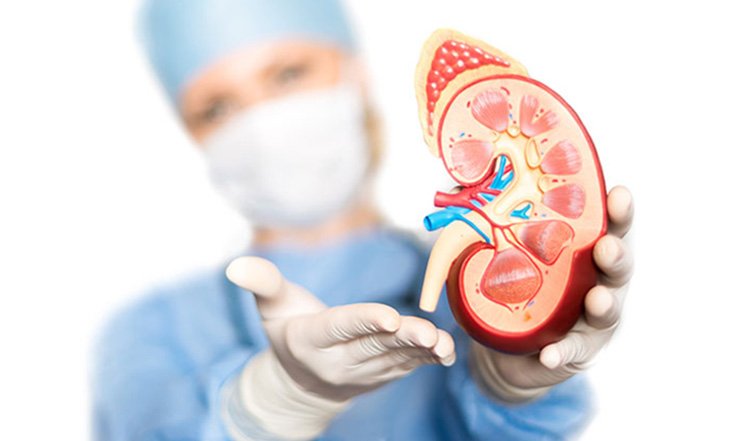For people with end-stage kidney disease, a kidney transplant can save their lives. But the costs of the transplant go much beyond just the surgery. Patients and their families need to know all the financial effects, such as the kidney transplant cost and the pricing that will continue after the operation. This article goes into detail about the many expenditures, including anti-rejection drugs, out-of-pocket payments, and others.
The Initial Kidney Transplant Cost
When thinking about getting a kidney transplant, the first cost of the transplant covers a number of things:
- Surgical Expenses: The surgery itself usually comes with hospital, surgeon, and anesthesiologist fees. Depending on where the hospital is and how well-known it is, these can be very different.
- Pre-Transplant Evaluation: Before the surgery, patients go through a transparent evaluation process to see if they are a good candidate for the transplant. This includes tests and consultations, which can add to the total cost.
- Living Donor Expenses: If a living donor is involved, there may be extra expenditures such as medical bills for the donor, pre-operative tests, and recuperation charges. Many donors don’t want to be paid, but they may have to pay for their own care.
Ongoing Costs After the Transplant
After surgery, the financial strain doesn’t go away. Patients need to think about a number of continuing costs:
1. Cost of Anti-Rejection Drugs
Patients who have had a kidney transplant must take immunosuppressant drugs to keep their systems from rejecting the new kidney. The cost of anti-rejection drugs can be very expensive, and this can certainly be one of the reasons for decision making. You need to take these medicines every day for the transplant to work in the long run.
2. Regular Follow-Up Visits
Patients need to see their doctor often after the transplant to check on their kidney function and deal with any problems that may come up. These visits can make the transplant’s out-of-pocket costs go up.
3. Additional Medications
Patients may need more than just anti-rejection drugs to deal with side effects or problems that come up. This includes drugs to treat blood pressure, cholesterol, and other health problems that may come up after the transplant.
Out-of-Pocket Expenses
For financial planning, it’s important to know what the out-of-pocket costs of a kidney transplant are. These can include:
- Deductibles and Copayments: A lot of health insurance plans include deductibles that must be met before coverage starts. Copayments f0r doctor visits and prescriptions can also pile up rapidly..
- Transportation and Lodging: Patients may need to travel for specialist care, and costs for transportation, accommodation, and meals can become significant, especially if the transplant facility is distant from home. .
- Lost Wages: After a transplant, the healing time can be different for each person, and they may need to take time off work, which means they lose money..
Financial Planning and Support
It can be hard to figure out the money side of a kidney transplant, but there are a number of resources that can help:
- Insurance Coverage: You need to know what your insurance plan covers for the transplant, the drugs, and the follow up care. A lot of plans pay for a big part of the expenditures, but it’s important to check the details..
- Financial Assistance Programs: Many groups and foundations help kidney transplant patients with money. These can assist pay for medicine, getting around, and other costs that come up.
- Fundraising: Some patients and their families turn to community fundraising events to help pay for things. Online platforms can help with fundraising initiatives to get assistance from family and friends.
Conclusion
People with renal failure can get a new lease on life with a kidney transplant, but it comes with a lot of financial responsibility. To plan well, you need to know the complete cost of a kidney transplant, including continuing costs like the cost of anti-rejection medications and the requirement for immunosuppressant drugs. The financial side of the treatment also includes the transplant evaluation process and the continuous follow-up care.
If you’re thinking about getting a kidney transplant, it’s really important to arrange your finances carefully and look for ways to help with the costs. Amrutha Hospital can help you with every step of your transplant journey. They have devoted professionals who are eager to help you.

